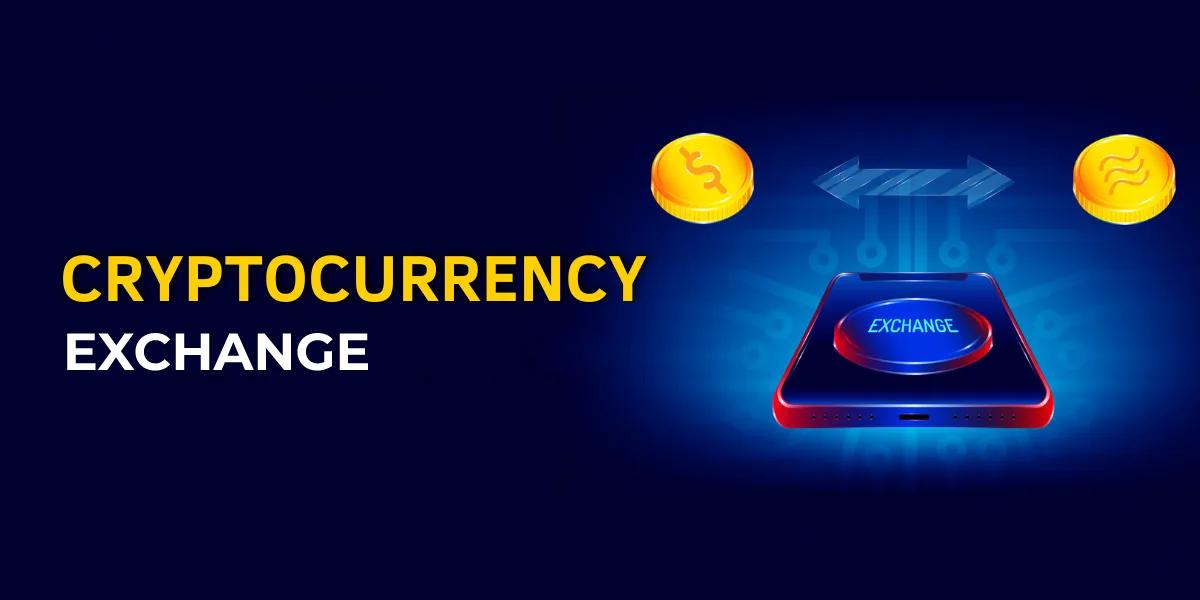Crypto exchange development has witnessed significant growth and innovation in recent years, with decentralized exchanges (DEXs) emerging as a promising alternative to traditional centralized exchanges. DEXs are built on blockchain technology and offer users greater control over their funds, enhanced security, and increased privacy. As the crypto industry continues to evolve, the future of decentralized exchange development holds tremendous potential and is set to revolutionize the way we trade digital assets.
One of the key advantages of decentralized exchanges is the elimination of intermediaries. Unlike centralized exchanges, which require users to deposit their funds into the platform's wallets, DEXs enable peer-to-peer trading directly from users' wallets. This not only eliminates the risk of hacking or theft associated with centralized exchanges but also provides users with full custody and control over their assets. With the growing concerns about privacy and data security, DEXs offer a more secure and transparent trading environment.
Another aspect that shapes the future of decentralized exchange development is the rise of interoperability. Interoperable DEXs allow users to trade assets across multiple blockchain networks seamlessly. This opens up a world of opportunities for cross-chain trading, enabling users to access a wider range of digital assets and liquidity pools. Interoperability also promotes collaboration among different blockchain platforms, fostering innovation and driving the development of decentralized finance (DeFi) ecosystems.
Furthermore, decentralized exchange development is being fueled by advancements in blockchain technology itself. The emergence of scalable and efficient blockchain solutions, such as Ethereum 2.0 and Layer 2 protocols, addresses the challenges of high transaction fees and slow confirmation times that have hindered DEX adoption in the past. These technological advancements pave the way for decentralized exchanges to handle a larger volume of trades, attract institutional investors, and compete with centralized exchanges in terms of speed and efficiency.
Decentralized exchanges also contribute to financial inclusion by providing access to financial services for the unbanked and underbanked populations worldwide. With DEXs, anyone with an internet connection can participate in crypto trading and access a wide range of financial instruments, without the need for a traditional bank account. This democratization of financial services aligns with the core principles of cryptocurrencies, which aim to empower individuals and promote financial sovereignty.
Moreover, the future of decentralized exchange development is closely tied to the evolution of regulatory frameworks. As governments and regulatory bodies strive to understand and regulate the crypto industry, there is a need to strike a balance between consumer protection and fostering innovation. Clear and favorable regulations for DEXs can provide a conducive environment for their growth and encourage responsible trading practices. Collaboration between industry stakeholders and regulators is crucial to ensuring a sustainable and secure decentralized exchange ecosystem.
In conclusion, the future of decentralized exchange development looks promising, driven by the benefits of increased security, user control, interoperability, technological advancements, and financial inclusion. As the crypto industry continues to mature, DEXs are poised to play a significant role in shaping the way we trade digital assets. With ongoing innovation and collaboration, decentralized exchanges have the potential to revolutionize the financial landscape, offering a secure, transparent, and inclusive trading experience for users worldwide.


